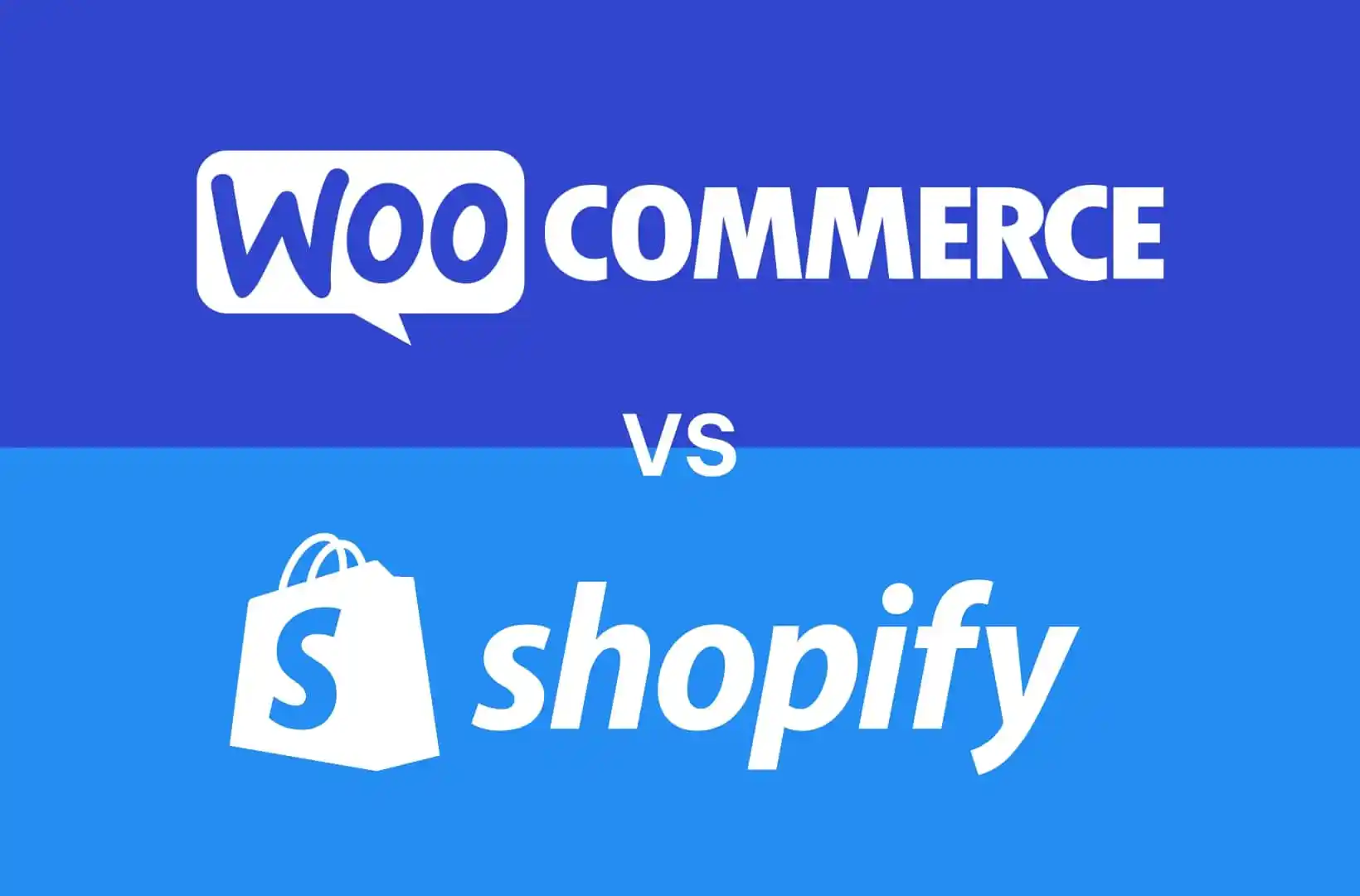The digital landscape has been a canvas of continuous transformation, shaping the way businesses and individuals interact with the web. In the heart of this digital metamorphosis lies Search Engine Optimization (SEO), evolving from its rudimentary form in the early 2000s to a complex and essential strategy in 2024. This journey of SEO is not just a story of technological advancement but also a reflection of changing consumer behaviors and market dynamics.
The Dawn of Online Monetization
The early 2000s heralded the rise of online monetization, a period marked by the dominance of keyword-focused content and simple yet effective monetization through platforms like Google AdSense. For example, niche blogs and forums on topics ranging from technology to health, often over-stuffed with keywords like ‘debt relief’ or ‘weight loss tips’, found success in this era. This approach, while effective then, lacked a focus on user experience or content quality. During this time, the e-commerce sector was still in its nascent stage. Platforms like Shopify or WooCommerce, which later democratized e-commerce, were not yet prevalent, making online selling a domain for larger players only.
Google’s Game-Changing Updates
The SEO landscape experienced seismic shifts with Google’s algorithm updates. Each update brought a new set of challenges and learning opportunities. For instance, the Panda update primarily targeted content farms that churned out low-quality content, affecting numerous websites that had previously enjoyed high rankings. The Penguin update further refined search results by penalizing sites engaged in manipulative link schemes. These updates were a wake-up call to the industry, emphasizing the importance of quality content and ethical practices. It was a transition from a focus on quantity to quality, from mere keyword insertion to creating content that genuinely resonated with the audience.
The Rise of Ethical SEO
The post-2014 era marked the beginning of ethical SEO. Businesses and SEO professionals started focusing on building quality websites with valuable content. For instance, an educational website that once relied on keyword stuffing to attract traffic, shifted its strategy to producing in-depth, well-researched articles that genuinely helped students and educators. This approach not only improved their rankings but also established their authority and trustworthiness. During this period, technical SEO also gained prominence, with factors like site speed, mobile responsiveness, and user experience becoming crucial for ranking. Businesses started investing in comprehensive SEO strategies that encompassed on-page, off-page, and technical aspects.

Why SEO is Essential in 2024
In 2024, the importance of SEO is undeniable across various business models. An e-commerce store, for instance, now leverages sophisticated SEO tactics to rank for long-tail keywords that attract a specific, conversion-ready audience. For a SaaS company, SEO is pivotal in content marketing, driving inbound leads through thought leadership articles and case studies. Even local businesses, such as a family-owned restaurant or a neighborhood clinic, benefit significantly from local SEO. They optimize for local search queries and leverage Google My Business listings to attract nearby customers, highlighting the critical role of SEO in both digital and physical storefronts.
Who Might Not Need SEO?
Despite its vast applicability, SEO might not be the primary focus for all business types. A high-end fashion brand with a dedicated customer base might prioritize exclusive events and influencer partnerships over organic search. Similarly, a company dealing in highly specialized industrial equipment might find more value in attending trade shows and building relationships through direct sales efforts rather than focusing on SEO. In certain regions, local directories or social media platforms might be more effective for reaching audiences than traditional search engine optimization.

Embracing the Power of SEO in 2024
As we look at the digital horizon of 2024, SEO stands as a testament to the ever-evolving nature of the internet and online marketing. Its progression from a technical, keyword-centric tactic to a sophisticated, user-focused strategy mirrors the advancements in technology and changes in user behavior. For businesses and webmasters willing to adapt and evolve, SEO remains a cornerstone of digital visibility and success, playing a crucial role in connecting with audiences and building a sustainable online presence.

